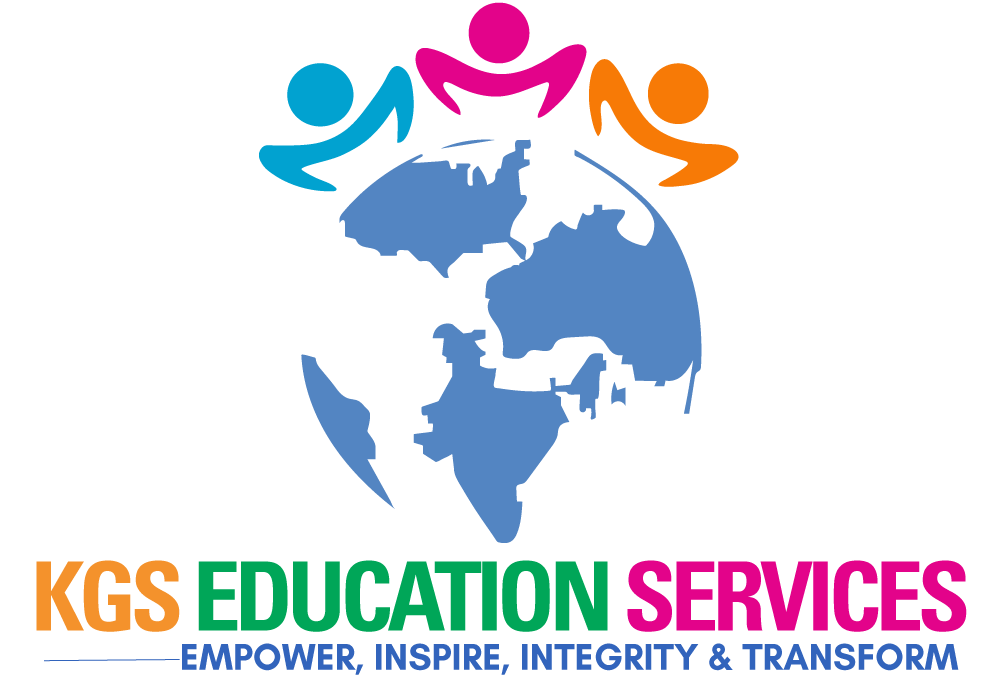
Aquatic Explorers STEM Kit
Immerse yourself in the study of water with our Aquatic Explorers STEM Kit! Designed for students in grades 2-5, this engaging camp introduces participants to the science of hydrology through interactive experiments and activities. From exploring the movement and distribution of water to studying its quality and importance, students will embark on a journey to understand Earth’s most vital resource. Join us as we dive into rivers, lakes, and oceans, and uncover the mysteries of the water cycle!
Kit Structure:
Introduction to Hydrology:
- Learn about the field of hydrology and its significance in understanding Earth’s water systems.
- Explore the different branches of hydrology, including surface water hydrology, groundwater hydrology, and water quality assessment.
- The Water Cycle:
- Investigate the water cycle and its various stages, including evaporation, condensation, precipitation, and runoff.
- Conduct experiments to simulate different aspects of the water cycle and understand the processes involved.
- Surface Water Exploration:
- Study the movement and characteristics of surface water bodies such as rivers, lakes, and streams.
- Conduct field trips to local water bodies to collect data and observe aquatic ecosystems firsthand.
- Groundwater Investigation:
- Explore the underground world of groundwater and aquifers.
- Learn about groundwater movement, recharge, and the role of groundwater in sustaining ecosystems and human activities.
- Water Quality Assessment:
- Examine the factors affecting water quality, including pollutants, pH, dissolved oxygen, and turbidity.
- Conduct water quality testing using simple testing kits and analyze the results to assess water health.
Benefits:
- Environmental Awareness: Foster a deeper appreciation for water resources and the importance of protecting them for future generations.
- Scientific Inquiry: Develop critical thinking and observation skills through hands-on experimentation and data collection.
- Promotion of Conservation: Inspire participants to become stewards of water resources and advocate for sustainable water management practices.
